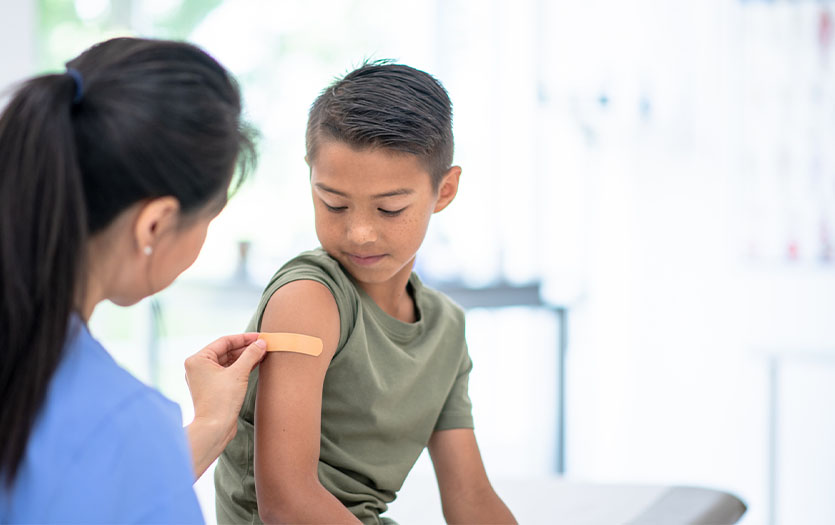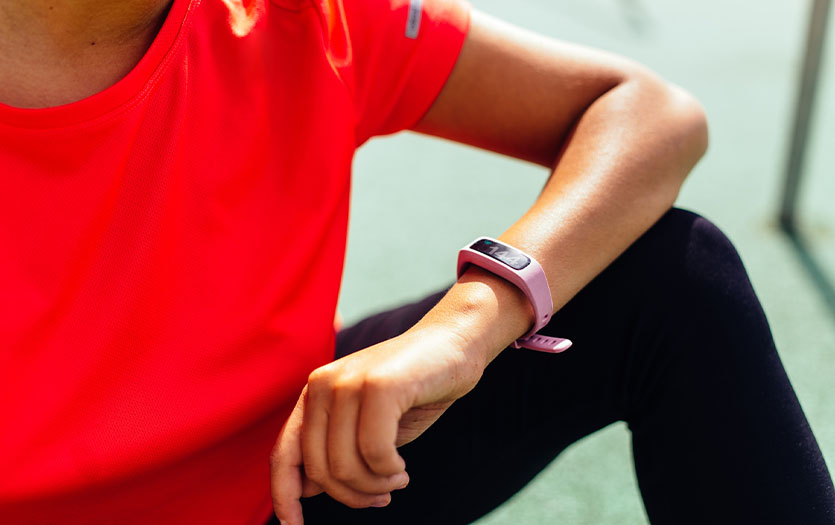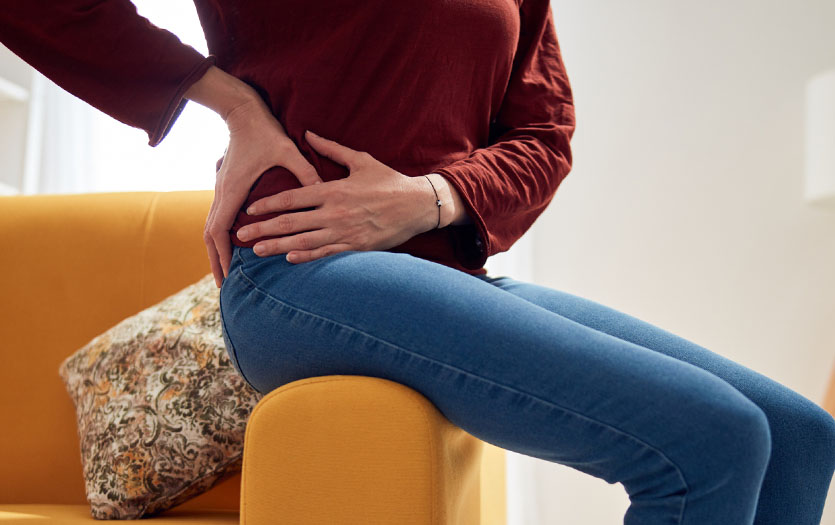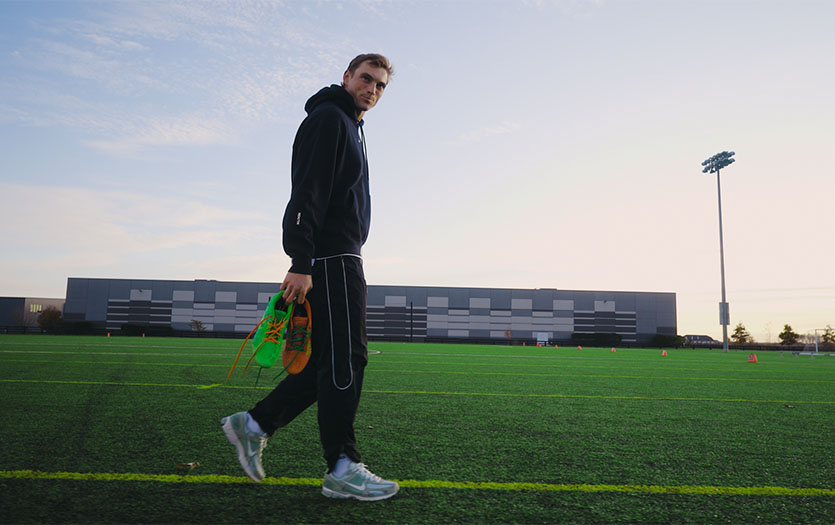
While it’s proven to prevent certain cancers, many families are still choosing to decline the HPV vaccine. Duane Hougendobler, MD, PPG – Pediatrics, answers some of the most common questions around the immunization’s efficacy, the truth about the risks associated with it and why he encourages parents to consider it for their children.
What is HPV?
Human papillomavirus (HPV) is a common virus, that 13 million Americans get each year and almost everyone will contract at some point in their lives.
HPV is primarily a sexually transmitted virus, passed during vaginal, anal or oral sex, or during close skin-to-skin contact while being intimate. Because the virus often does not present symptoms, it’s commonly passed without knowledge by the individual who has it.
Why is HPV risky?
According to the Centers for Disease Control and Prevention (CDC), while most HPV infections (9 out of 10) go away on their own within two years, there are times HPV infections will last longer and can cause some cancers. Specifically, HPV infections can cause cancers of the:
- Cervix, vagina and vulva
- Penis
- Anus
- Back of the throat (oropharyngeal cancer), including the base of the tongue and tonsils
Every year in the United States, HPV causes about 36,000 cases of cancer in both men and women.
How does the HPV vaccine help prevent these cancers?
While we’re always making strides, we don’t currently have much to offer when it comes to treating HPV. While some will get over it naturally, many have it for life. There are also very few guarantees for treating cancer once it develops. So, what’s exciting about the HPV vaccine, is that it’s the first vaccine to help prevent the virus and, thus, these cancers.
When should the HPV vaccine be administered and to whom?
The first dose can be given as early as nine years old but is commonly administered to children ages 11 to 12 years old in two doses, 6 to 12 months apart. Children who start the HPV vaccine series on or after they turn 15, will need three doses, given over a six-month period.
Waiting until a child is older isn’t necessarily better, as we want to offer our kids as much protection as possible, as early as possible.
The HPV vaccine can be given along with the other routine vaccinations your child is due for during the annual well child exam.
We recommend the vaccine for both male and female patients. Unfortunately, when the vaccine was introduced in the United States, it was released to the female population and became known as a girls’ vaccine. But it definitely helps the male population as well. By preventing HPV in young men, we can keep them from passing it onto their partners, and prevent their risk of head and neck cancers, anal cancer and genital warts.
How effective is the HPV vaccine?
Studies, especially from countries where they’ve been tracking results for a while, are showing that children vaccinated before the age of 12 are getting the best results. In that age group, the vaccine is 91-95% effective.
The vaccine has been around long that we’re seeing how populations and countries where there is a greater uptake of the HPV vaccine have a level of efficacy upwards of 80 to 90% for preventing the disease.
According to the CDC, “The HPV vaccine works extremely well. In the 10 years after the vaccine was recommended in 2006 in the United States, quadrivalent type HPV infections decreased by 86% in female teens aged 14 to 19 years and 71% in women in their early 20s.”
Why do you think people are hesitant to get the HPV vaccine?
I think there are a number of factors at play. We live in a time when it’s easy to find others who support your ideology and only listen to them. It can become a bit of an echo chamber.
The virus is also sexually transmitted, which brings up thoughts and conversations many parents aren’t ready to consider or discuss with their children. They don’t want it to be interpreted as permission to be sexually active or present a false sense of safety for the child. Even with older teens and adults, there are instances when a partner isn’t entirely honest about their sexual activity. Navigating that subject matter can always be tricky.
What are the risks of taking the HPV vaccine?
The profile of the HPV vaccine isn’t different than other vaccines we give. I’ve administered hundreds of doses out of my office, with no major problems. Most patients respond just fine.
That said, the potential side effects are similar to other immunizations–arm swelling, soreness, redness or warmth following the shot, or low grade fever.
There have been some reports, particularly in the early days of offering the HPV vaccine, of dizziness. This is why we have patients stay for a while after they receive the shot to make sure they feel okay. The CDC, who was overseeing the release of the vaccine, did come back and say that much of this could be attributed to the population (young, teen girls), more than the vaccine, so it has been cleared by the highest levels of vaccine governance and safety.
What would you say to a parent or patient who is hesitant about the HPV vaccine?
There’s a huge push from college health clinics to raise adoption, because they’re seeing an increase in HPV cases, and we know that can mean greater issues down the line for these young people. Indiana is among the states with the lowest adoption of the HPV vaccine, so we are behind. If I can get six out of ten patients in a day to get it, I feel like we’re getting ahead of the ball.
I highly encourage all parents and patients to talk to their healthcare provider. We’re happy to take the time to go over the immunizations and answer your questions. Be curious! Don’t just take what others say to heart. Visit credible sources, like the CDC and World Health Organization (WHO) websites. Do research with unbiased, reputable information and use the facts, rather than popular opinions, to make decisions for you and your family. Don't dismiss it outright. It’s too important not to consider it and investigate it. We’ve got to get these kids protected.
The other thing I would mention is that, even if you’re older, it isn’t too late. According to the CDC, “Vaccination is not recommended for everyone older than age 26 years. Some adults ages 27 through 45 years might decide to get the HPV vaccine based on discussion with their clinician, if they did not get adequately vaccinated when they were younger.” If you turn 18 and decide you want it, or just learn about the benefits and know you haven’t had it, talk to your physician about getting the series. You won’t regret having that prevention on your side.



